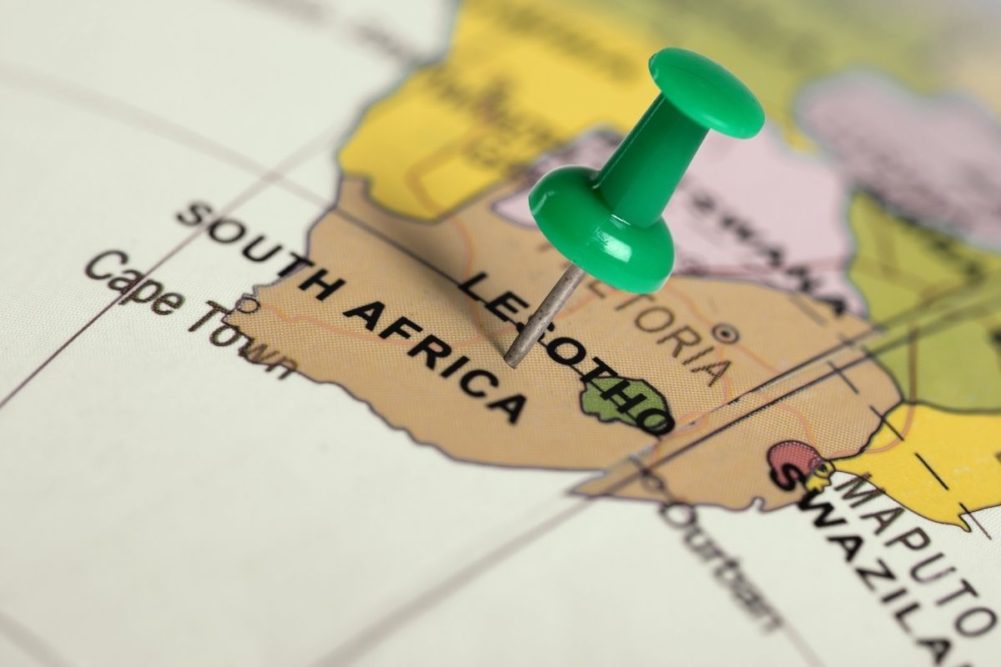PRETORIA, SOUTH AFRICA — South Africa is reaching the limit of local oilseeds crushing capacity as its soybean plantings continue to surge, leading to the US Department of Agriculture’s Foreign Agricultural Service (FAS) to project a record 800,000 tonnes of oilseeds (soybean and sunflower) exports in its latest Global Agricultural Information Network report.
South Africa has experienced an upsurge in oilseed plantings over the past 20 years with a near nine-fold expansion in soybean area. FAS Post Pretoria sees this growth trend in soybean plantings continuing in marketing year 2023-24 with area and total oilseed production reaching a historically high level of 1.8 million hectares and nearly 3.6 million tonnes, respectively.
Soybean production is projected to reach 2.76 million tonnes from 1.18 million hectares planted, while the sunflower seed harvest could reach 810,000 tonnes from 600,000 hectares. The country is expected to ship 750,000 tonnes of soybeans and 50,000 tonnes of sunflower seeds overseas.
“In the past, South Africa’s trade in oilseeds was generally limited, as the bulk of production was destined for local crushing and trade was directed to oils and meals,” the FAS said. “However, with the surge in the local production of oilseeds leading production to exceed crushing capacity, South Africa has become a net exporter of oilseeds.”
The bulk of soybeans and sunflower seeds produced in South Africa are crushed to produce both edible oil for human consumption and protein meal for inclusion in animal feed rations. The FAS forecasts that South Africa will have a record of 1.7 million tonnes of locally produced oilseed meal available in 2023-24 and 2022-23 after crushing 2.5 million of oilseeds, in line with higher local oilseed production.
South Africa faces significant challenges to investment in new capacity for its oilseeds processing sector due to continuing and unprecedented power outages, high utility costs, inflation and rising interest rates, the FAS said. The country of nearly 60 million people also faces the prospect of lackluster economic growth over the medium term, putting a dent in demand.
The deterioration of infrastructure, including roads, rail, water and, most notably, the electricity supply, will hinder significant investments to increase the capacity of the broiler and feed manufacturing industries.
“This will limit significant growth in the demand for animal feed,” the FAS said. “As a result, a major upsurge in the demand for feedstocks for animal feed in South Africa is unlikely in the near future.”





